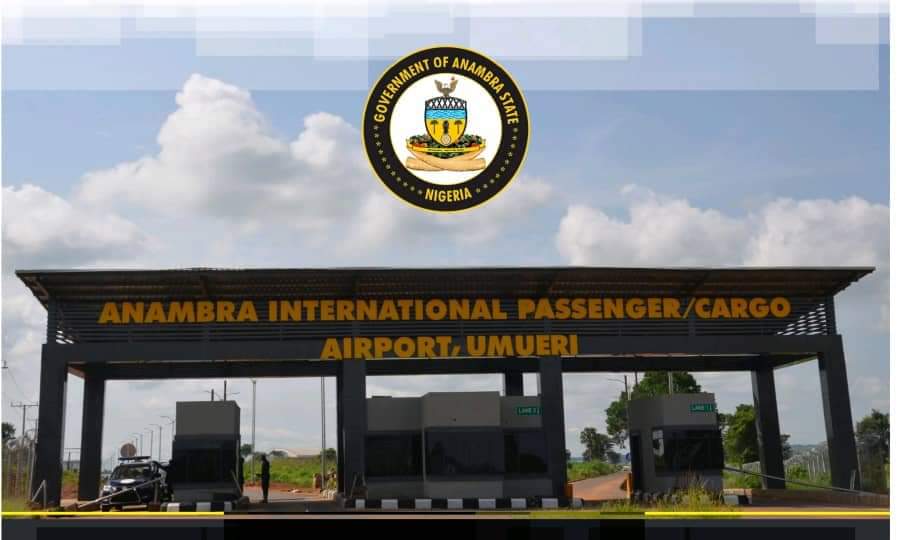The Anambra International Cargo and Passenger Airport (AICPA) in Nigeria has set its sights on becoming a cargo export hub in Africa, contributing to the country’s aspiration of export-driven economic growth through air cargo. The state government-owned airport has developed a master plan to engage cargo consolidators locally and internationally, signaling the potential for Nigeria to play a more significant role in the air cargo industry.
A total of 12 companies, including well-known names like Air Peace, Link Global, and Afreximbank, have submitted applications for the construction of cargo warehouses, Fixed Base Operations (FBO), Maintenance and Repairs Operations (MRO), aircraft fuel dumps, and more. These companies are awaiting approvals to begin their projects at the airport.
Nigeria currently lags behind other African nations in air cargo operations, with Kenya and Ethiopia leading the way. The lack of proper certification of agricultural produce for export has led to the country losing an estimated $1 billion annually. Most of Nigeria’s exports are transported by sea, with maritime transport accounting for nearly 99% of total exports. In contrast, air transport contributes a mere 0.55% to Nigeria’s export volume, highlighting a significant opportunity for growth in the air cargo sector.
Obi Of Onitsha: Traders Most Beneficiaries Of Anambra Cargo Airport
Ikechi Uko, the coordinator of the Aviacargo Roadmap Committee, emphasized the need to increase the volume of cargo, particularly agricultural produce, to boost foreign exchange earnings and create job opportunities. He cited the rejection of Nigerian goods abroad due to issues like packaging and failure to meet international specifications.
The Anambra International Cargo and Passenger Airport is determined to play a vital role in addressing these challenges. The airport’s efficient air cargo operations, domestic passenger flights, and facilitations aim to transform Nigeria into a significant cargo export hub in Africa. It offers various opportunities for third-party businesses, including land leases for cargo warehouses, FBO facilities, MRO services, and more.
AICPA Managing Director, Martins Nwafor, highlighted that the airport was delivered within 15 months of its 24-month schedule, with its master plan designed to accommodate various agro-allied products that can be exported from Anambra. This includes root and tubers, grains and cereals, vegetables, agroforestry products, fisheries, and livestock.
The airport’s potential to drive air cargo exports and stimulate the local and national economy is evident through the employment of over 500 individuals and the engagement of multiple companies in cargo-related activities. While Nigeria may currently rank fifth in cargo operations in Africa, the Anambra International Cargo and Passenger Airport is taking steps to improve the country’s standing and unlock its export potential.
Follow us on Facebook
Post Disclaimer
The opinions, beliefs and viewpoints expressed by the author and forum participants on this website do not necessarily reflect the opinions, beliefs and viewpoints of Anaedo Online or official policies of the Anaedo Online.

